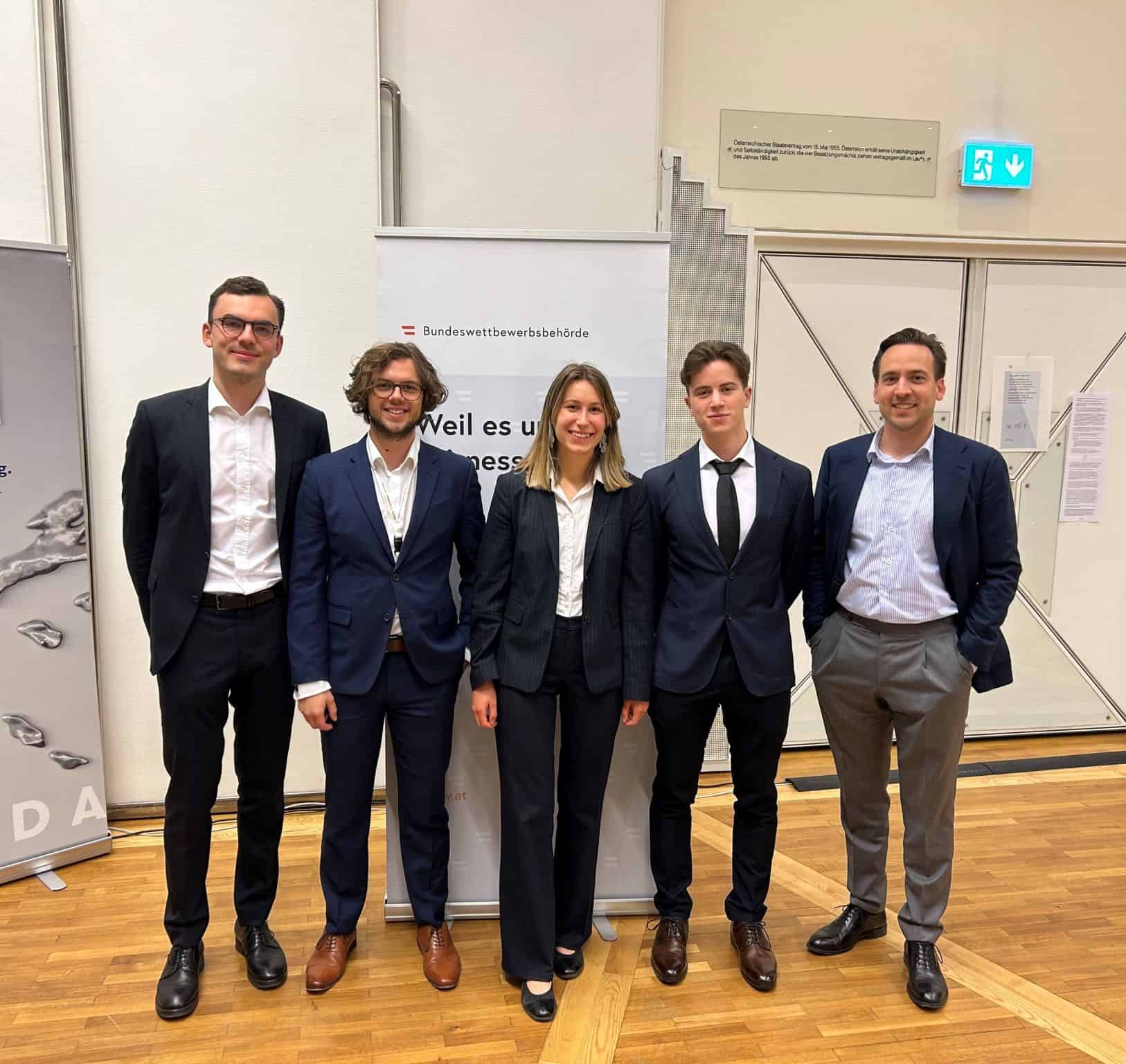British Limited according to the Austrian International Private Law Act
Following Brexit, it remains unclear what will happen to limited liability companies (Ltd) with a corporate seat in the United Kingdom (UK) and a head office in Austria that did not change their legal form before Brexit. EY Law expert Stephan Hofmann give you here an overview of the current legal aspects of a British Limited with administrative headquarters in Austria after Brexit.
According to Section 10 of the Austrian International Private Law Act (IPRG), the personal statute of a legal entity/association of persons/assets that can be the bearer of rights and obligations, is the law of the state in which the legal entity has its actual seat or head office (“real seat theory”). Since Austria’s accession to the EU in 1995, the British Limited has also been popular in this country, as it offered the partners protection against liability with their private assets and, moreover, could be formed without a certain minimum share capital.
Freedom of Establishment allows move of headquarters to another EU member state
As an expression of the freedom of establishment, once a Limited was registered in the UK, it could move its administrative headquarters to another EU member state. This was backed up by a discussion of the European Court of Justice (ECJ). With that decision, the provision of Section 10 IPRG and with it the real seat theory were overridden by the primacy of application of the freedom of establishment under EU law. The withdrawal of the UK from the EU removed the basis for the ECJ’s case law on the freedom of establishment of UK entities. After the conclusion of the withdrawal agreement, it remained open what should happen to existing Ltds. The Austrian Supreme Court (OGH) dealt with this question in 9 Ob 74/21d. It came to the conclusion that as a result of Brexit, a British Limited with its principal place of administration in Austria no longer has legal capacity as such. It does not thereby become a legal non-entity but is to be assessed according to Austrian corporate law. In doing so, the OGH ruled that the Limited becomes a company under civil law (Gesellschaft bürgerlichen Rechts). If there is only one shareholder, the company’s assets are transferred to him as sole proprietor by way of universal succession (Section 142 Corporations Act analogously).
Furthermore, at the end of 2020, the debts of such Ltds were transferred to their share-holders who become personally liable for them.
This article was written by EY Law expert Stephan Hofmann. For any further questions or assistance on the above matters regarding the British Limited with headquarter in Austria, please reach out to:

Dr. Stephan Hofmann
Lawyer at EY Law | Corporate Law
stephan.hofmann@eylaw.at
EY Corporate and Commercial Law global Update #1
This article is from the latest edition of EY Corporate and Commercial Law global update, the purpose of which is to inform you of the noteworthy and most recent legal news across a number of jurisdictions. In this issue, we have articles from a total of 37 jurisdictions on current legal affairs around the globe, covering Western Europe, Latin America, Central and Eastern Europe and Asia-Pacific.
The articles in this global update reflect the global reach and diversity of EY Law services, from corporate law to civil law and commercial law to regulatory aspects. Across the global EY network of member firms today, there are more than 3,400 qualified professionals providing services for the legal function in more than 90 jurisdictions.
Apart from offering specific tailor-made legal advice for a number of business needs, we also cover a wide range of sectors: automotive and transportation, banking and capital markets, consumer products and retail, government and public sector, health, insurance, life sciences, media and entertainment, oil and gas, power and utilities, private equity, real estate and hospitality, technology and telecommunications. EY lawyers work closely alongside professionals in Assurance, Consulting, Strategy and Transactions, and Tax. Working across borders, the sector-focused, multidisciplinary approach means EY member firms offer highly and broad pertinent advice across the globe.

- More legal news & updates from EY Law
- Find out more on our servcies: Corporate Law




